Māori success is fundamental to the success of the Service sector. Māori business is thriving, Māori culture is increasingly being embraced, and Māori are experiencing strong population growth and making up a larger share of the young workforce. In this context, creating an environment where Māori succeed as Māori will benefit individuals, businesses, and the Service sector as a whole.
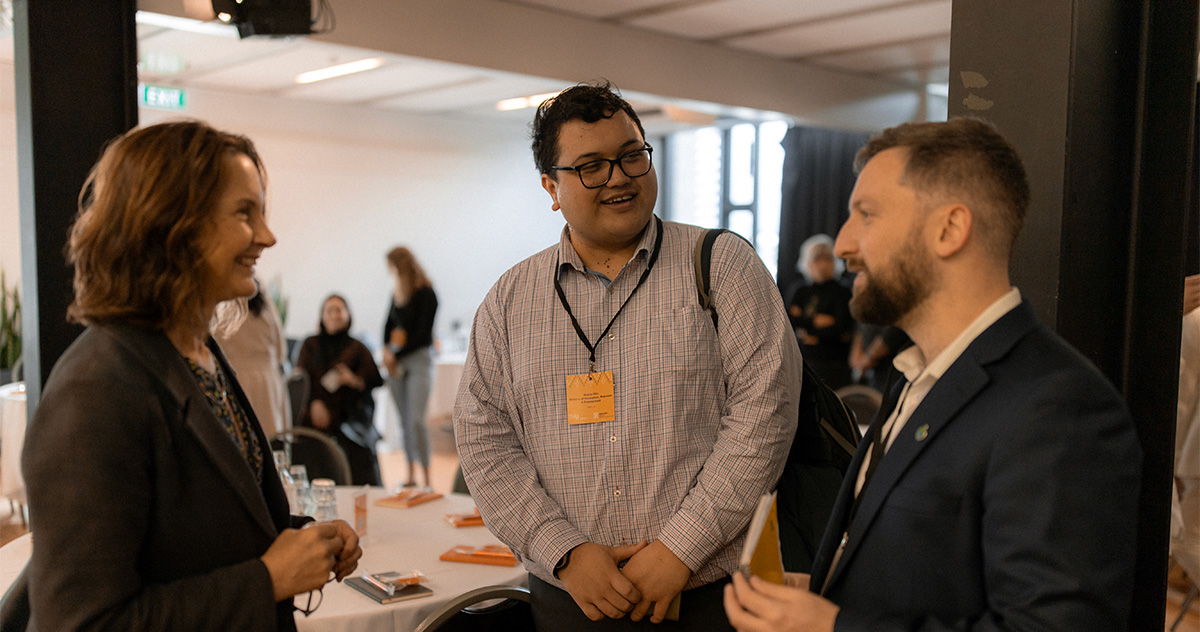
For Māori in the industry
Whariki – The Whāriki Māori Business Network is the largest collective of Māori businesses in Aotearoa, connecting pakihi Māori across the motu.
Young Champions Programme – Te Awe | Wellington Māori Business Network – Assistance for Māori rangatahi to achieve their goals through mentoring in the workplace.
Amotai – With more than 1800 in our directory, Amotai’s suppliers have proven track records of getting the job done for buyer organisation across Aotearoa, growing Māori and Pasifika economies in the process.
Mana in Mahi – For employers – Work and Income
MSD programme with funding dedicated to support Māori and employers
He Kai Kei Aku Ringa: Strategy and action plan | Ministry of Business, Innovation & Employment (mbie.govt.nz) Further details on Government initiatives to promote investment and success for the Māori economy.
Cultivating a bi-cultural workplace for Aotearoa New Zealand (upskills.co.nz) Professional development opportunities to foster bi-cultural workplaces.
TupuToa – Programmes that deliver changes to business culture to promote greater diversity and inclusivity.
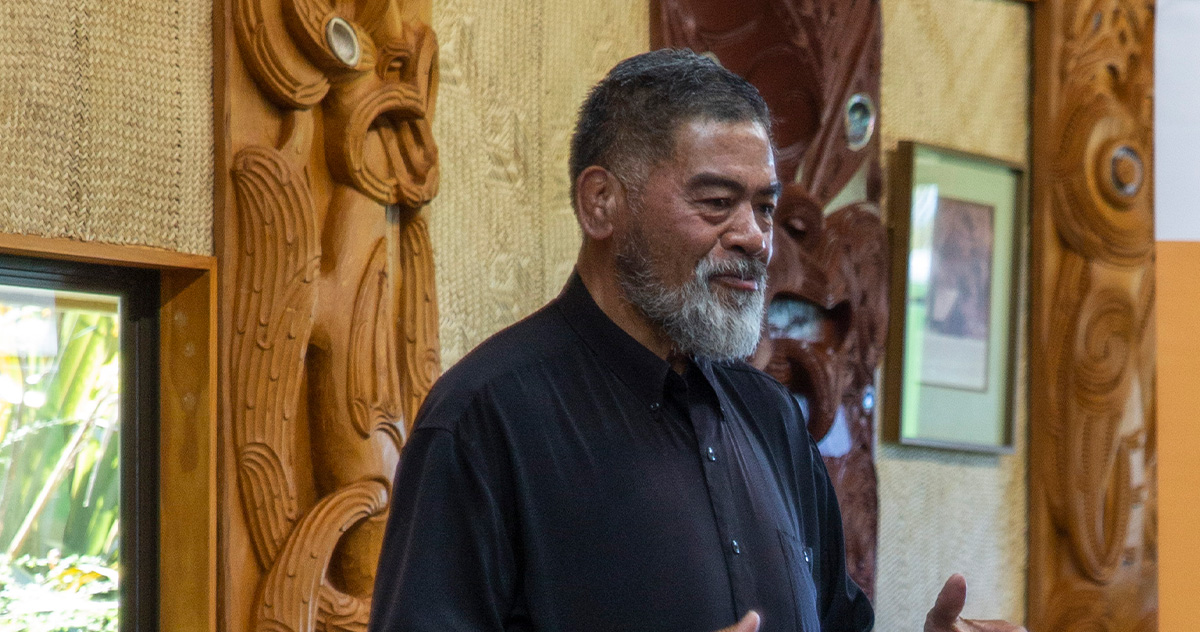
Strengthening Te Ao Māori in your Organisation
Rauemi reo | Reo resources – Reo Māori (reomaori.co.nz)
Resources for the use and integration of Te Reo in the workplace
Aatea Solutions – Creating cultural capital.
Development of authentic kaupapa Māori frameworks for business.
Māori Cultural Capability » Ako Aotearoa
Professional development opportunities that provide insights into Māori philosophies, values, and practices.
Cultureflow | Māori Language Training
This provider offers Māori Language and Culture Courses
Māori health models – Te Whare Tapa Whā | Ministry of Health NZ
Ministry of Health directory of Health initiatives in support of equity outcomes for Māori
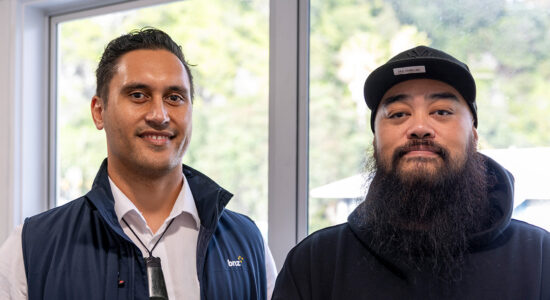
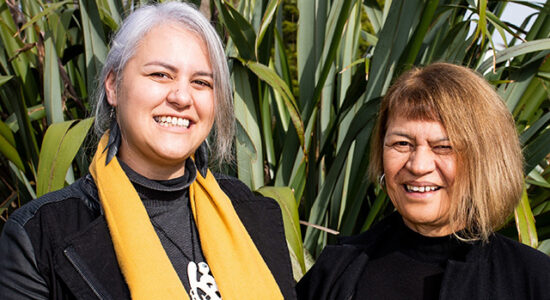
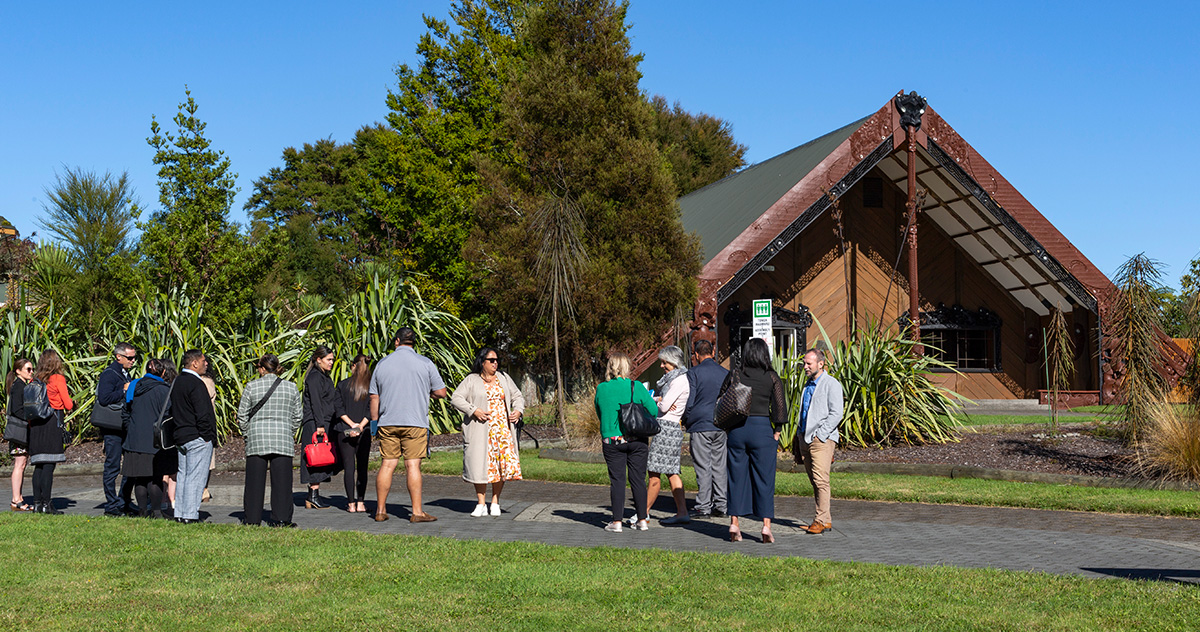
Relationships and community
TKM | Map | Te Kahui Mangai – Online directory of Iwi and Māori organisations.
Māori, Communities and Partnerships – Ministry of Social Development (msd.govt.nz) – MSD directory of agencies in support of connecting multiple community enterprises.
Iwi/ Māori – Ministry of Social Development (msd.govt.nz) – MSD directory of agencies in support of Māori community enterprises.
Join a network of pākihi Māori and kaimahi Māori within the Service sector.
And if you have services that support Māori in succeeding as Māori, please let us know so we can add them to the employer hub.
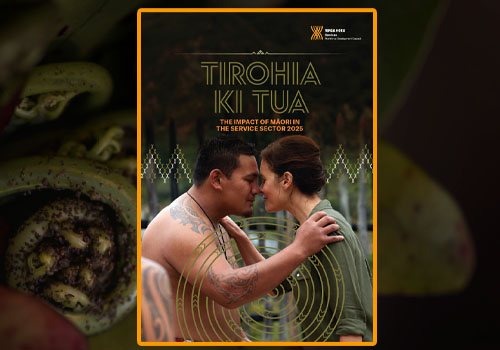
Tirohia ki Tua looks to the impact Māori in our industries make, and the reverberation that continues beyond what we can see now, for generations to come.
The innovation that has always been at the heart of the Service sector will be bolstered by: the values that underpin Māori industry, the reimagining and redesign of business and operations using te ao Māori perspectives, the increased use of te reo Māori and embracing mātauranga Māori in businesses across the sector. These dimensions shape one aspect of a legacy for our descendants and generations to come.
Tuia is an annual event designed specifically for Māori within the Service sector, providing a platform where pakihi Māori and kaimahi Māori voices are amplified, acknowledged, and celebrated.
Tuia was an epic two days of insights, whanaungatanga, and inspiration, with learnings that will contribute to the successful and sustainable future for our mokopuna that we all strive for.
Check out the highlight video and more info here.
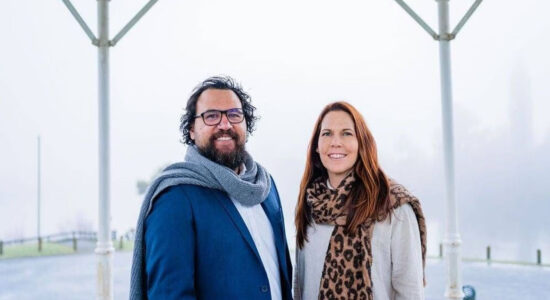
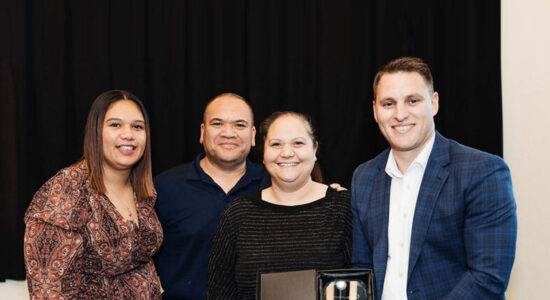
We want to build a resilient and capable workforce that enables economically, socially, and culturally thriving people, businesses, and communities.
